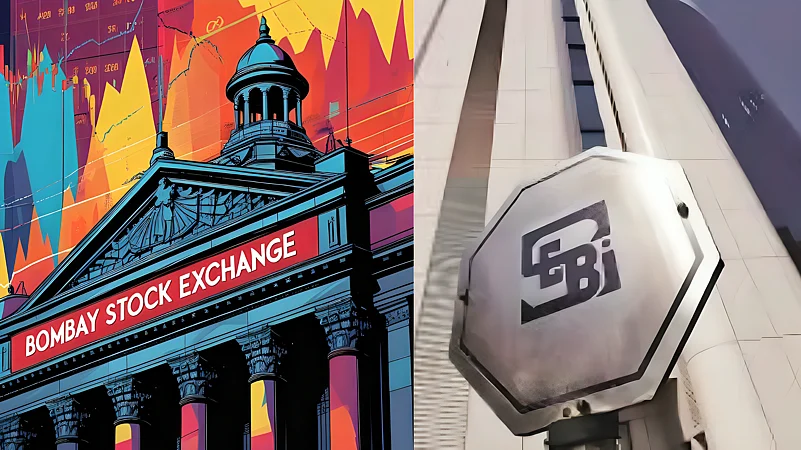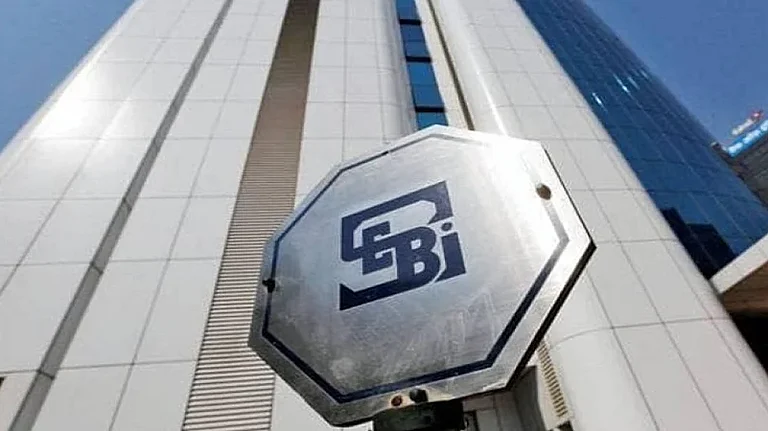Sebi BSE Fine: The Securities and Exchange Board of India (Sebi) has penalised the BSE and directed it to pay Rs 25 lakh in fines, according to an order dated June 25, 2025. The stock exchange has been directed to pay the fine within a period of 45 days after the receipt of the order. Notably the Rs 25 lakh fine consists of a penalty of Rs 10 lakh for violation of norms related to client code modifications mentioned in circulars dated July 5, 2011, master circular dated July 5, 2021, and circular dated October 26, 2004, along with a penalty of Rs 15 lakh for violation of Regulation 39(3) of the SECC Regulations, which have been put in place to ensure that stock exchanges and clearing corporations provide equal access to their systems and services to all people.
Sebi's Allegations Against BSE
Earlier, on September 23, 2024, the capital market regulator alleged in a show-cause notice issued to the BSE that prior to September 13, 2023, the BSE website and its architecture enabled the receipt of unpublished price sensitive information (UPSI) for paid clients and employees of the exchange who were a part of the listing compliance monitoring (LCM) team before it was released to general users of the website.
Sebi further alleged that the discrepancy in the distribution of the information happened due to the lack of a really simple syndication (RSS) feed. Notably, an RSS feed refers to a Web format through which frequently updated content is published on websites. Sebi further said that the stock exchange failed to address the issue of select brokers frequently modifying trade details. The exchange was also found to have allowed client code modifications for trades between two unrelated institutional clients without verifying the genuineness of the reason for such client code modifications. Client code modifications are changes made to a client’s unique identification code to rectify errors once the trade has been made.
What Did Sebi's BSE Order Reveal
Sebi mentioned in the order that the BSE website’s architecture did not provide ‘equal, unrestricted, transparent and fair’ access to information.
“I find that the system architecture of BSE did not ensure equal, unrestricted, transparent and fair access to information/data with regard to corporate announcements of listed companies to all persons as required under regulation 39(3) of the SECC Regulations,” Sebi said in the order.
Sebi added that SECC regulations state that recognised stock exchanges and clearing corporations have to enable ‘equal, unrestricted, transparent, and fair access’ to information for all the people who use their systems, platforms, and services. Sebi further highlighted in the order that paid subscribers receiving data prior to it being shown on the BSE website highlighted the unfairness of its system architecture, which could have posed a serious risk of dissemination of UPSI. Notably, the misuse of UPSI can lead to manipulative stock market practices, such as insider trading.
In the matter concerning the monitoring of trades, Sebi further found that the BSE failed to penalise brokers for conducting client code modifications between unrelated institutions without any due reason. It said that such CCMs can be used for wrong purposes, and by not penalising brokers for doing so, the exchange has violated Sebi norms.
“The SCN brings out clearly that in all these transactions, entries for a particular bank, insurance company, mutual fund, foreign portfolio investments (FPIs), or foreign institutional investors (FIIs), etc., have been modified to completely different, unrelated entities, and this cannot be termed as allocation to individual schemes of MFs and sub-accounts of FII. Such a lack of due diligence on the part of BSE towards CCMs, which can be used with the mala fide purpose by brokers. Hence, BSE has violated provisions of the SEBI circulars dated October 26, 2004, January 3, 2011, and July 5, 2011, by not penalising brokers,” Sebi said.
Sebi On Role of MIIs In Economy
Sebi reiterated the role of stock exchanges in the economy and added that they must adhere to regulations, especially when dealing with price-sensitive information.
"Stock exchanges play a vital and important role in the economy and are an instrument of regulation. Recognition under Section 4 of the SCRA is granted to them in the interest of trade and public interest. SEBI has to be, thus, always satisfied with the effect of regulations by stock exchanges with a higher degree of ethics, particularly while handling price-sensitive information on trust and utmost good faith,” Sebi said.
Notably, the order closely follows Sebi’s latest proposal to appoint two executive directors (EDs) at market infrastructure institutions (MIIs) in order to enhance governance and strengthen the role of MIIs as first-line regulators. The proposal seeks to appoint one ED for “Critical Operations" and one ED for “Regulatory, Compliance, Risk Management and Investor Grievances”. The latest order also follows a key development in the NSE co-location case wherein the exchange has offered the market regulator Rs 1,388 crore to settle its near-10-year-long co-location and dark fibre case.
















